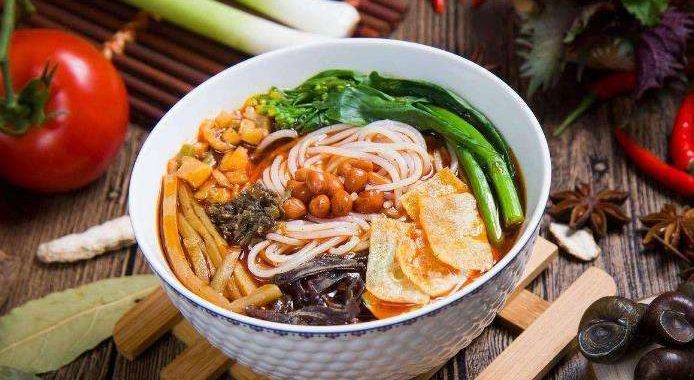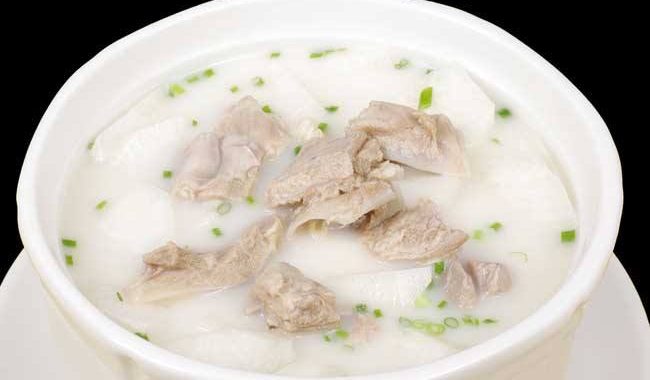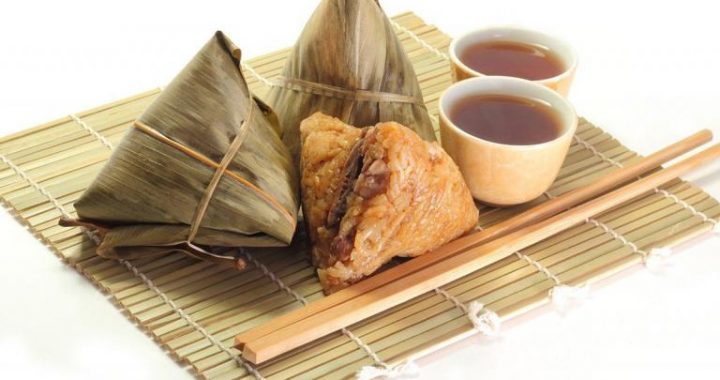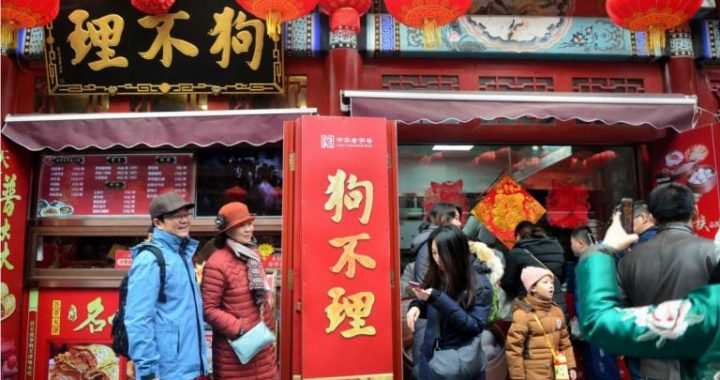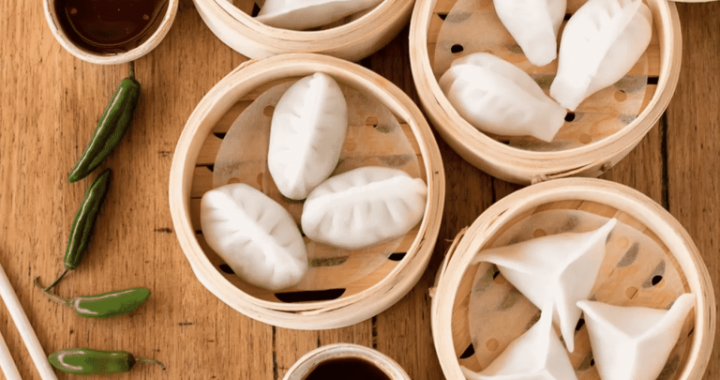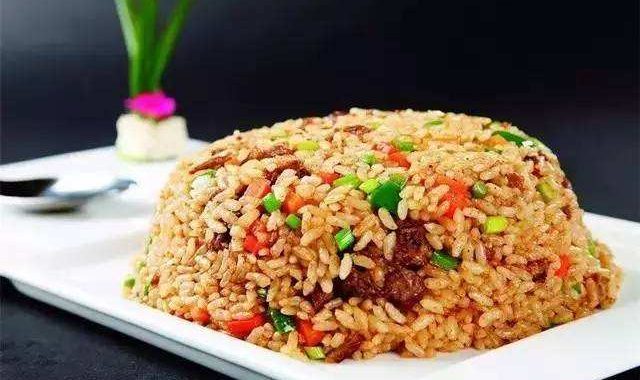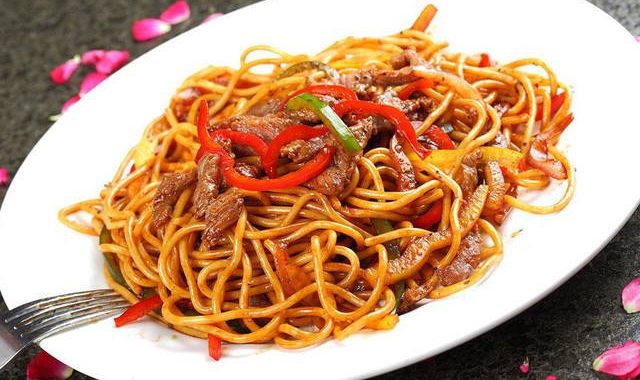Food Philosophy
4 min readDetail of Han Xizai Yeyan(The Night Revels of Han Xizai), by Gu Hongzhong(dates of birth and death unknown);
Five Dynasties Period(907-960AD)
(1)The Unity of Heaven and Humanity
The Unity of Heaven and Humanity,a fundamental concept of Chinese holistic philosophy,signifies that human beings and Nature are both aspects of a unified whole.Human beings,plants,and animals coexist in the natural world and are directly connected in many ways.This concept is appliedto food and nutrition,with Chinese tradition holding that people should”eat liver to supplement the liver;eat brains to supplement the brain.”It is believed that the flesh and organs of animals correspond directly to those of the human body.Consequently,it is thought that eating pork liver strengthens the functioning of the human liver,and eating animal brains increases human intelligence.People with anemia are advised to eat chicken or duck blood;bone fractures are treatedwith bone soup or powdered animal bones.It is believed that the flesh of tortoises is imbued with a substance that is responsible for their long life spans,so eating tortoise meat is thought to promote longevity.Many people even believe that consuming soup or liquor that contains animal genitalia can cure erectile dysfunction.The Chinese word“胆”dan means both gallbladder and courage.The gallbladder,a digestive organ,has no direct relationship with courage.But the word’s double meaning has led to the saying,”You must have eaten a panther’s gallbladder!”,implying that someone has acted particularly audaciously.

It seems there is no scientific basis for the idea that eating various animal parts can directly supplement the corresponding parts of the human body.However,many Chinese people,especially members of the older generation,still hold fast to this belief,indicating the deeply rooted nature of China’s ancient cultural traditions.
(2) Yin-Yang and the Five Elements
Ancient China’s holistic philosophers created a unified model of the universe that incorporates all aspects of existence, both material and spiritual. Among the essential elements of this system are Yin-Yang theory, which is concerned with the origins of the universe, and Five Elements theory, which explains its structure. The theories of Yin and Yang and the Five Elements have had a major influence on the Chinese people’s attitude towards food. Yang represents the active force, heat, and light, while Yin represents the receptive force, cold, and darkness. It is the interaction of these two opposing yet complementary primal forces that gives rise to the “ten thousand things”of the material world. Every object and phenomenon includes elements of both Yin and Yang in varying proportions. Food is no exception. For instance, the ancient Chinese people believed that meat was Yang and grain was Yin. Therefore, meat and grain were stored in separate containers that together formed a complete set. The staple food of ancient China consisted of grains, particularly millet, rice, and mantou(steamed buns made from wheat flour), supplemented with cooked meat and vegetable dishes. Staple grains are considered to be Yang; non-staple cooked dishes are Yin. So a complete meal consisted of both grains and cooked dishes, creating a balance between Yin and Yang as well as providing balanced nutrition.

Yin-Yang porridge
Five Elements theory classifies the world into the five categories of Water, Fire, Wood, Metal, and Earth. Human physiological functions also are included in this system. People eat primarily grains, which come from the land and correspond to the element Earth. Earth is considered to be the most important of the Five Elements, mirroring the traditional Chinese emphasis on the importance of food. The Five Elements also correspond to the Five Flavors, as follows: Five|ater Fire Wood Metal Earth .
(3)The principle of he(harmony)
The principle of he(harmony)is central to Chinese holistic philosophy.Harmony signifies accord,balance,and moderation.It is foundation of the health and vitality of the”ten thousand things”of the material world,as well as the ultimate goal of Chinese cuisine.
Harmony and moderation are integral aspects of the Chinese approach to food.A harmonious diet isconsidered to be directly connected with good health.According to Confucius(551-479 BC),a person with an evolved character does not overeat.The philosopher Mozi(c.476-390 BC)taught that culinary seasonings should be used in moderation.According to Five Elements theory,the Five Flavors correspond with the five =ang organs of the human body.Excessive consumption of any of the flavors will therefore damage the corresponding organ.Too much salt damages the heart;too much sweet food damages kidneys;too much spicy food damages the liver;too much sour food damages the spleen.The use of culinary seasonings should be adjusted according to the seasons.More sour food should be eaten during the spring,more bitter food during the summer,more spicy food during the fall,and more salty food during the winter.
It is easy to overindulge in delicious food and drink,with resultant damage to the health.For instance,alcoholic beverages have great appeal,but heavy drinkers risk becoming alcoholics.According to ancient Chinese records,the emperor Da Yu(Five Emperors Period,c.3000-2070 BC)once was presented with a gift of rare wine from abroad.After sampling the delicious drink,he warned that excessive drinking was certain to lead to the downfall of some future ruler.
